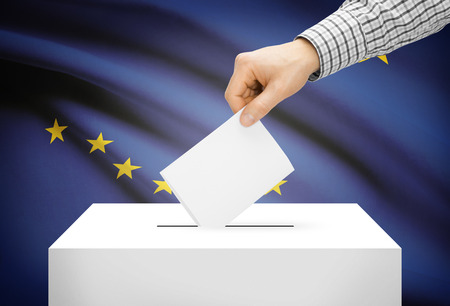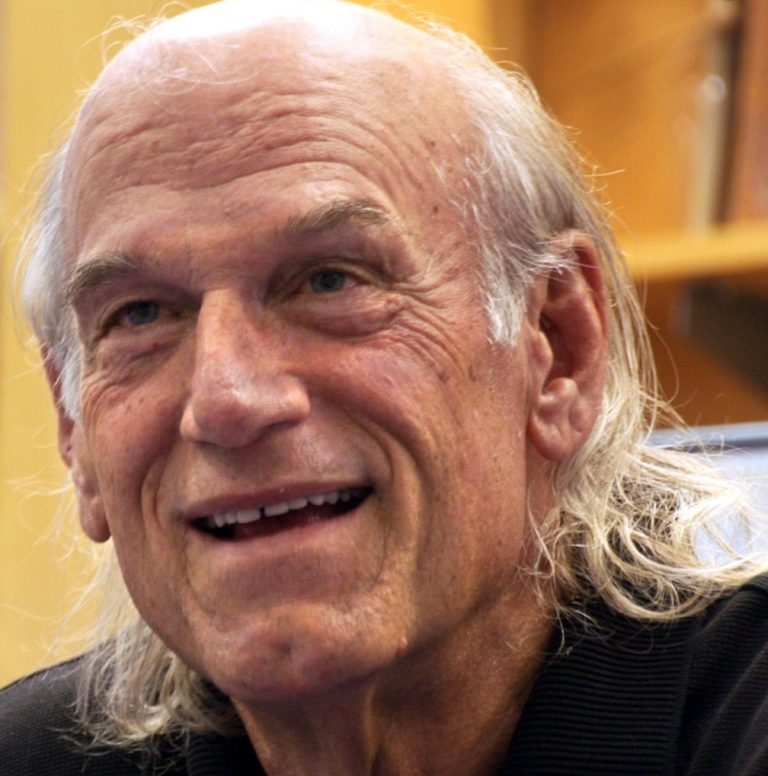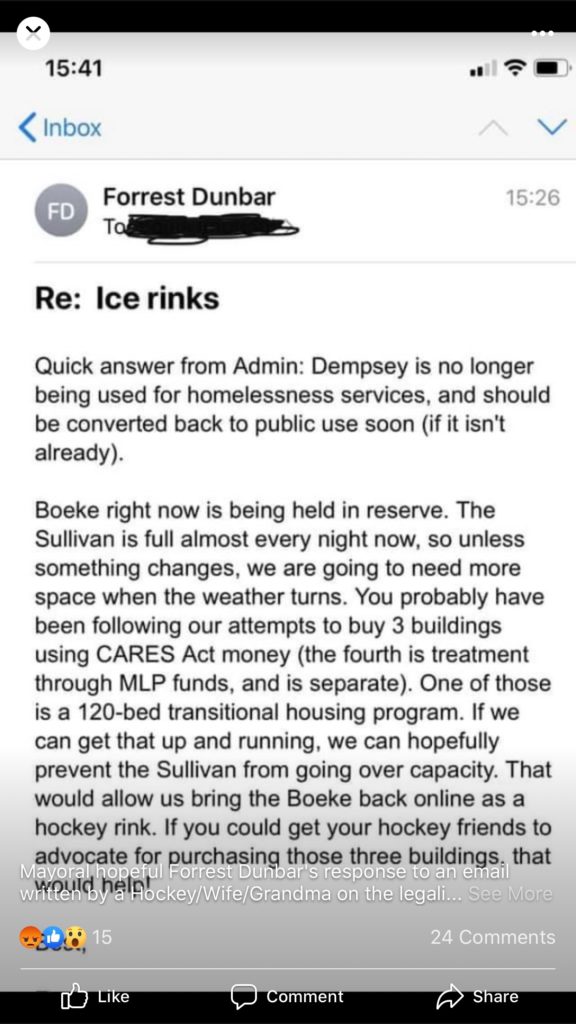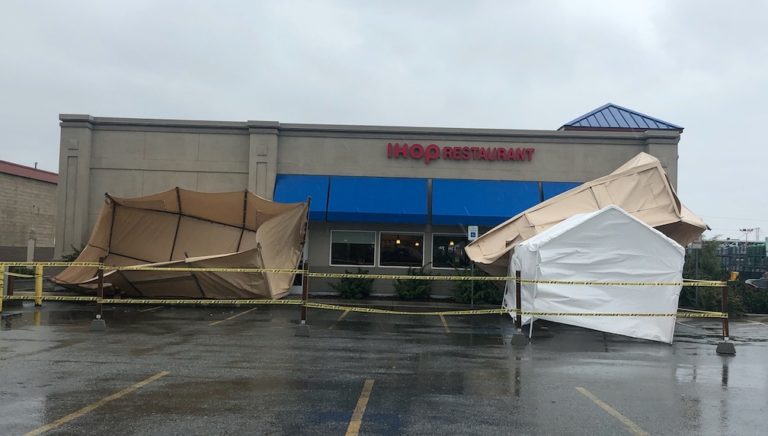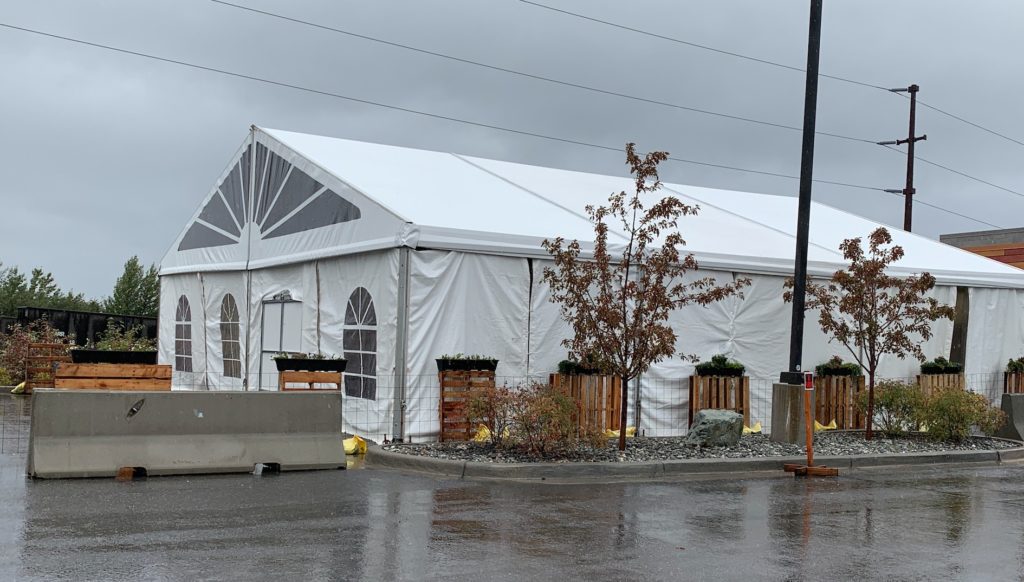By RANDY TRANI
Over the past week, childrens’ joyous laughter and the calm guiding voices of teachers have drifted on the late summer breezes from school play fields across the Mat-Su. Those voices and laughter were music to my ears. The first days of school bring my two favorite groups of people together: students and teachers.
This first week of school is particularly important to those two groups because we are managing the new reality of learning and teaching in the midst of a global pandemic.
COVID-19 has brought so many challenges to our communities, our state, and our nation. Federal pandemic aid is dwindling, state revenues are down as oil prices remain well below what was anticipated by the state budget, families are struggling to make ends meet in an economy that is faltering, enrollment in Mat-Su schools is down and therefore revenue needed to educate students may be reduced at the state level. Financial resources are scarce, while uncertainty is trading at all-time highs.
In this challenging environment, the Mat-Su Borough School Board is taking on the task of trying to provide predictability to a school district’s most critical employees: teachers.
After 18 months of collective bargaining, the Board has not yet reached a new collective bargaining agreement with the Matanuska-Susitna Education Association.
On Aug. 26, the Board provided MSEA with what I believe to be a fair proposal to teachers so they can focus on the paramount task of educating our students.
To be clear, I don’t think there is any way that teachers can be paid appropriately for the work they do with our children. Teachers literally change people’s lives. I am a product of the good work teachers did on behalf of a homeless kid in Cordova who had never been to school until second grade.
The debt I owe those teachers and the debt society owes teachers in general for all of the stories like mine can never be repaid. Sadly, K-12 funding across Alaska and the country does not provide the compensation our professional educators deserve. I believe the Board’s offer represents a fair middle ground that provides teachers financial stability in an uncertain time.
In recent years, teachers in the Mat-Su have worked under collective bargaining agreements that only offered 0% or 1% salary adjustments; however, those eligible received experience and education increases. Still, those static or small salary schedule adjustments do not keep up with inflation. Teachers donate time and effort every day beyond their contractual hours, and for years, many have done so while their disposable income has decreased. When a new collective bargaining agreement was not reached last year, teachers continued to pay 100% of health insurance premium increases. Although those past histories were agreed to through bargaining, the Board, through its new offer, is endeavoring to more equitably share those health insurance premium costs.
The Board’s last offer to the teachers is fair because it offers a $1,500 lump sum payment in recognition of last year’s service by the teachers. It is fair because it provides a salary adjustment of 1.75% each year for three years; adjustments designed to keep up with inflation. The offer is fair because it increases the district’s contribution towards health insurance with future premium increases being shared equally by the district and teachers. The offer is fair because the district and its teachers will share joint responsibility to explore the health care market to find the most economical health care options for staff. The offer is fair to the entire educational community because with careful management and creative changes to the delivery of instruction, the district can support the approximately $23 million three-year cost of the Board’s offer without major layoffs and, through the use of the district’s $18 million reserves.
Under the Board’s offer, last year’s beginning teacher will receive an increase of $3,600 this school year and receive a $1,500 lump-sum payment. I believe this is fair. A mid-career teacher with a master’s degree will receive an increase of almost $3,900 more this year than last, as well as a $1,500 lump-sum payment. I believe this is fair. Even a teacher with 30 years experience at the end of the salary schedule will receive more than a $2,000 increase in addition to the $1,500 lump-sum payment. I believe this is fair.
Last year, the district paid 83% of the health insurance premium, even for the Public Education Health Trust’s “Cadillac” plan with a $100 individual deductible and $300 family deductible. Yet, the District had no say in the selection of the health insurance provider. Under the Board’s offer, the district will pay 87% of the health insurance premium this year, with future health insurance premium increases shared equally between teachers and the district, and the district can explore and propose other health insurance providers. I believe this is fair.
Boiled down to essentials, my job and responsibility is to look out for the education of the district’s students. Unfortunately, the difficulty of that task is magnified by the fact that the district is almost 100% dependent on funding from the state and Borough, and both entities face a bleak financial’s students. Unfortunately, the difficulty of that task is magnified by the fact that the district is almost 100% dependent on funding from the state and borough, and both entities face a bleak financial outlook. I know that teachers are essential to the core mission of our district. Considering all the adversity faced by the district, the borough and the state, the Board’s offer is fair and I hope that in the court of public opinion, the Board’s offer will be viewed as such and supported.
My overwhelming hope is that the teacher’s union accepts the Board’s last offer. I am confident that together we can make sure our childrens’ laughter and joy will continue to drift on the breezes across the play fields of the Mat-Su.
Randy Trani, Ed.D., is the superintendent of the Mat-Su Borough School District.



